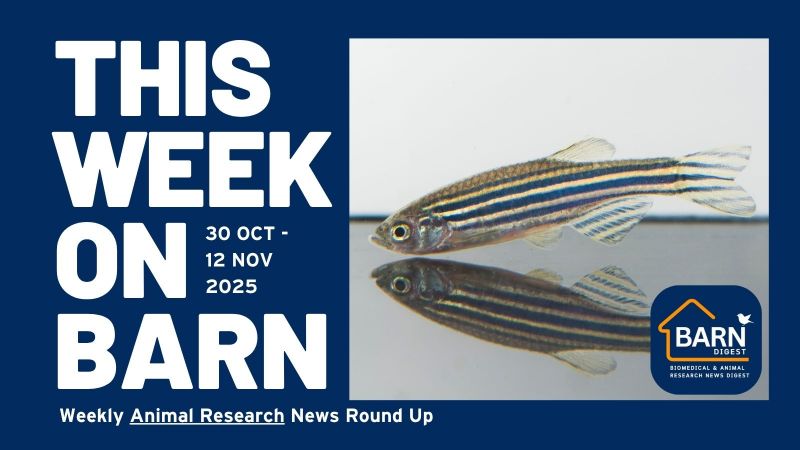
What makes an animal suitable for use in medical, scientific & veterinary research?
Did you know llamas are used to study viruses in the body? Or what about sheep being used to study neurodegenerative diseases such as Parkinson’s?
In this short video series, we explore some of the lesser-known animals that are used in research and what makes them unique as a model. Each episode includes a case-study from a UK organisation, that is using the animal species to better understand various diseases of the body.
Why are llamas used in medical & scientific research?
Llamas are one of the least used animals in research but play an important role in virology research. They have helped with both HIV and COVID-19 vaccination development.
Why are frogs used in medical & scientific research?
Only 0.2% of total procedures in Great Britain are carried out on Xenopus frogs. Due to their very accessible embryos, Xenopus frogs can be studied at all stages of development. This makes them useful for researching embryonic development.
Why are sheep used in medical & scientific research?
Only 2% of total procedures in Great Britain are carried out on sheep but they play an important role in studying neurodegenerative diseases. This is because they have similar neuroanatomical structures as humans.
Why are opossums used in medical & scientific research?
Opossums are rarely used in scientific research but they still play an important role in developmental studies. This is because they are born at a similar stage to a 6-week-old human foetus.
More videos from uar are available on our YouTube channel and the UAR Video Library.
Last edited: 17 January 2025 16:50



